Photography
Photography is the art and science of capturing and recording images using light. It involves the use of a camera to focus light onto a surface, resulting in the creation of a photograph. Photography can be used for artistic expression, documenting events, scientific research, and many other purposes.
Key Concepts
- Camera Basics: Understand the different types of cameras, such as DSLR, mirrorless, and point-and-shoot, and their components including lenses, sensors, and settings.
- Exposure: Learn about the exposure triangle and how aperture, shutter speed, and ISO affect the brightness and clarity of an image.
- Composition: Explore the rule of thirds, leading lines, framing, and other techniques for composing visually appealing photographs.
- Lighting: Understand the importance of natural and artificial light in photography, and how to manipulate light for desired effects.
- Editing: Gain knowledge of post-processing techniques using software like Adobe Photoshop or Lightroom to enhance and refine photographs.
- Genres: Explore different genres of photography, such as landscape, portrait, wildlife, street, and macro photography, and understand the specific techniques and equipment associated with each.
Study Tips
To excel in photography, consider the following study tips:
- Practice Regularly: Take your camera out and experiment with different settings and compositions to improve your skills.
- Study Famous Photographers: Learn from the work of renowned photographers to understand their techniques and styles.
- Join Photography Communities: Engage with other photographers, share your work, and seek feedback to enhance your understanding of the craft.
- Experiment with Light: Understand how light interacts with your subjects by practicing in various lighting conditions.
- Learn Editing Software: Familiarize yourself with photo editing tools to enhance and manipulate your images creatively.
- Stay Informed: Keep up with the latest trends, technologies, and developments in the world of photography through books, online resources, and workshops.
By mastering the fundamental concepts and continuously honing your skills, you can develop a strong foundation in photography and unleash your creativity through captivating images.
.◂Science Worksheets and Study Guides Eighth Grade. Organic compounds
Study Guide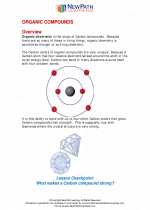 Organic compounds
Organic compounds  Worksheet/Answer key
Worksheet/Answer key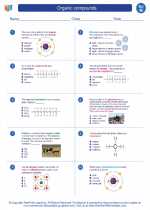 Organic compounds
Organic compounds  Worksheet/Answer key
Worksheet/Answer key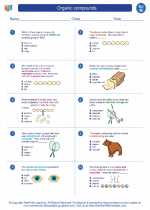 Organic compounds
Organic compounds  Worksheet/Answer key
Worksheet/Answer key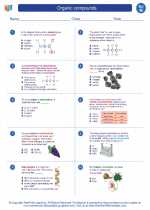 Organic compounds
Organic compounds  Vocabulary/Answer key
Vocabulary/Answer key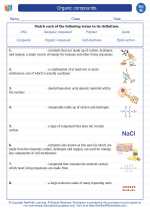 Organic compounds
Organic compounds  Vocabulary/Answer key
Vocabulary/Answer key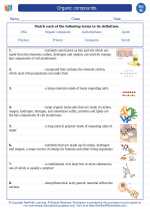 Organic compounds
Organic compounds 

 Worksheet/Answer key
Worksheet/Answer key
 Worksheet/Answer key
Worksheet/Answer key
 Worksheet/Answer key
Worksheet/Answer key
 Vocabulary/Answer key
Vocabulary/Answer key
 Vocabulary/Answer key
Vocabulary/Answer key

The resources above cover the following skills:
Physics: Students will use scientific skills and processes to explain the interactions of matter and energy and the energy transformations that occur.
Thermodynamics: Identify and explain that heat energy is a product of the conversion of one form of energy to another.
Identify and describe the various forms of energy that are transformed in order for systems (living and non-living) to operate: Chemical - Flashlight-Light; Mechanical - Pulleys-Motion; Solar/Radiant - Solar calculator; Chemical - Plant cells.